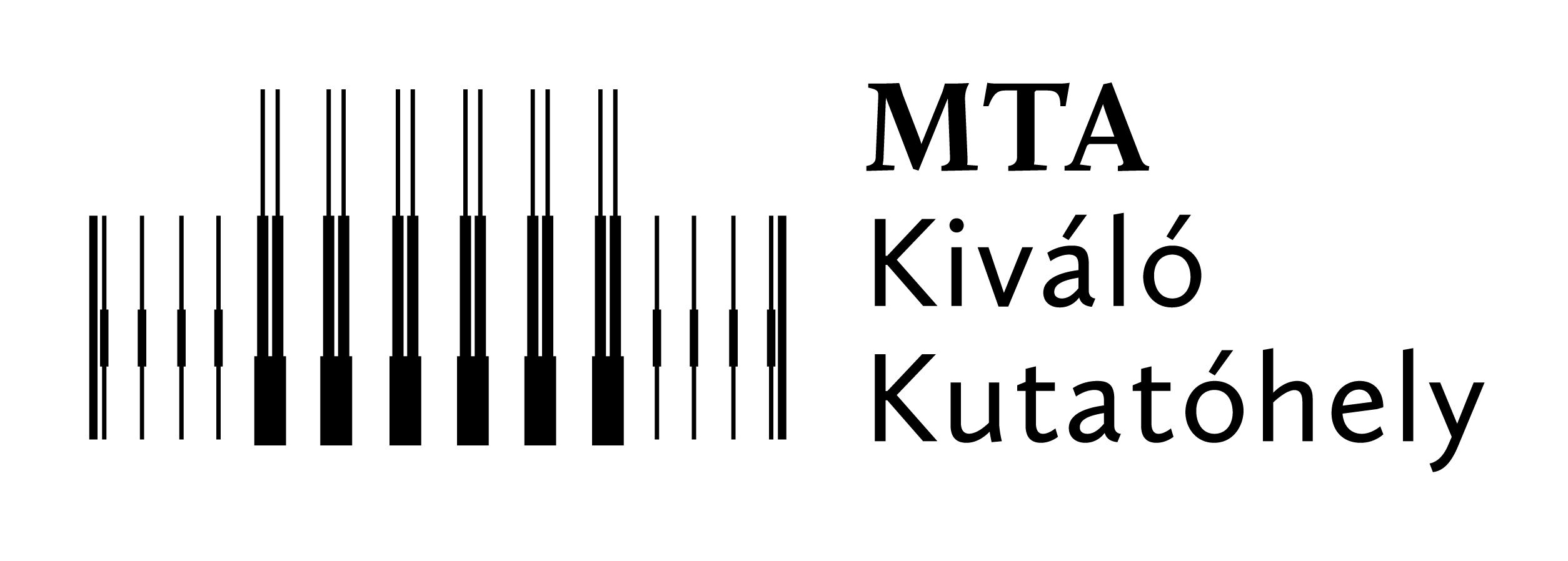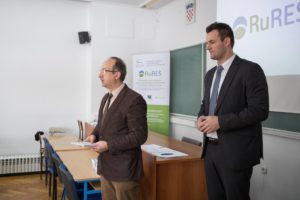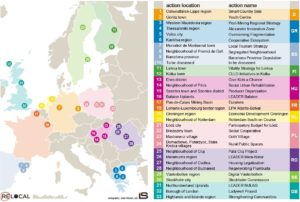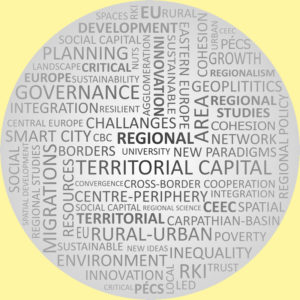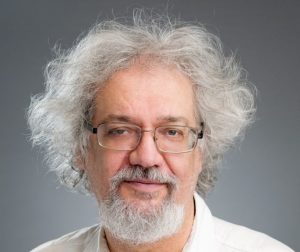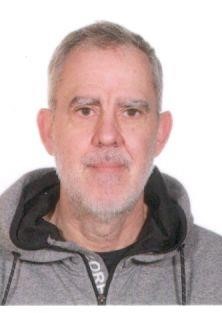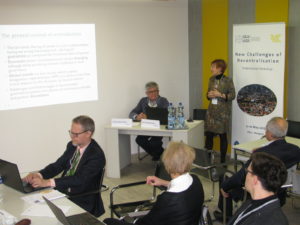
- 2019.05.14
- | 00:00
The Transdanubian Department of the Centre for Economic and Regional Studies of the Hungarian Academy of Sciences, in cooperation with the International Geographical Union (IGU), organised a two-days workshop in Pécs on 9-10 May 2019, about challenges of local governments and decentralisation.
The Transdanubian Department of the Centre for Economic and Regional Studies of the Hungarian Academy of Sciences, in cooperation with the International Geographical Union (IGU), organised a two-days workshop in Pécs on 9-10 May 2019, about challenges of local governments and decentralisation.

